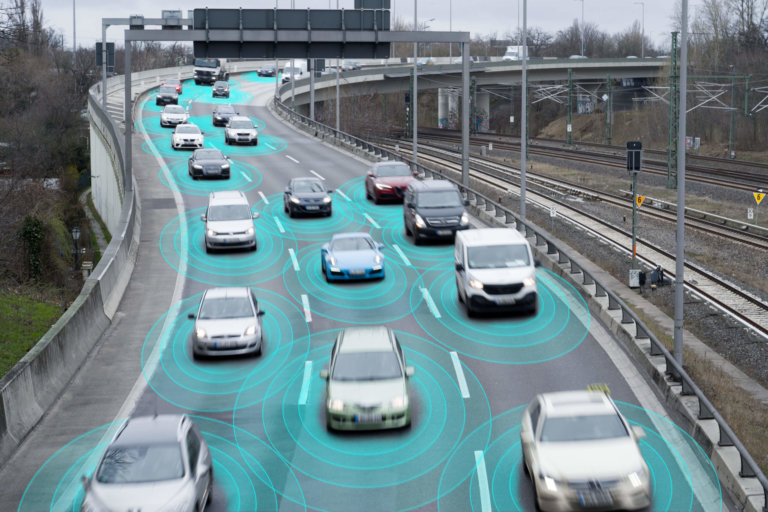You cannot file a lawsuit against a robot vacuum or a self-driving car. A surgical robot is not capable of forming the intent to take someone’s life wrongfully. Robotic devices in factories do not plot murders. So, who is responsible when a robot kills someone? Is the case one of murder or product liability? When robots kill, a New Jersey product liability attorney can help you sort out who might be responsible.
Murder Versus Negligence
Murder typically requires an intentional act to deprive someone of his or her life unlawfully. Robots cannot formulate intent or act with premeditation.
There are no robots whose intended purpose is to kill people. When a robot kills someone, usually, the death is the result of some type of malfunction or accident. Something went wrong, whether by the robot or the victim.
We cannot assume that the machine is always at fault. For example, if a surgeon makes a mistake while using a surgery robot and the patient dies as a result, the doctor, not the robot, is liable. If a worker falls into the path of a factory robot as the result of horseplay, the worker is at least partly responsible.
On the other hand, if a factory robot lacks adequate safety features to shut itself off in certain situations, the company that designed and manufactured the robot can be at fault. The company that owns the factory can be liable if the person whose job was to monitor the factory floor and shut off robots in case of emergency was derelict in his duties.
When “Death by Robot” is Product Liability
Technology usually progresses much faster than our laws. Often, things have to reach a crisis point before lawmakers take action. Laws are seldom proactive; in other words, anticipate future problems and endeavor to prevent harm. Instead, our laws tend to be reactionary, only dealing with an issue after harm happens. Our laws need to catch up with current robotic technology.
Currently, there is no consistency in the application of product liability law to the situation of “death by robot.” For example:
- Sometimes, the company that makes a robotic device is liable under the legal theory of products liability for unforeseen harm caused by one of their products.
- In other situations, the defendant can face criminal charges for intentional harm, like hacking into a medical device.
- Sometimes, the defendant is liable only if the defendant acted recklessly.
- In some cases, companies that make robots must be negligent to be responsible for the harm.
There is very little federal legislation to provide guidance in cases when robots kill. What few state laws exist create a conflicting “patchwork quilt.”
What to Do When a Robot Causes Your Loved One’s Death
The product liability laws that address these cases will provide different results from one state to the next. We are trying to evaluate high-tech cases with low-tech laws. For example, pedestrian laws go back to when cars got invented, over 100 years ago. Those laws are hopeless at covering the question of liability for self-driving cars.
Nonetheless, robots are causing harm, despite the lack of adequate legislation to govern these cases. Because of the complex legal issues involved, you might not want to try to handle your claim as a DIY project. A New Jersey product liability attorney can help you go after compensation if your loved one died because of a robotic device. Schedule a consultation with us today to discuss your case.

